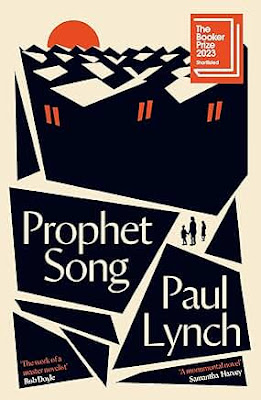Now don't get me wrong. T.J. Newman's Falling is a very well written thriller that kept me turning pages all the way to the end. The thing is, though, I was probably turning those pages for the wrong reason. I'll try to explain why.
Anyone who reads thrillers on a regular basis, and I've read dozens and dozens of them over the years, learns eventually that the hero is never going to die in a thriller like this one. (And that has to be the farthest thing from a spoiler alert I can imagine.) It just doesn't happen - even in standalone thrillers. It is so rare, in fact, that I often find myself hoping that an author somewhere has written a disaster-style thriller in which the hero actually does die and the bad guys win because I would very much admire the courage of a writer who managed to pull that off. So if any of you know of such a book, please let me know.
The beauty of Falling is Newman's creativity, the way that she sets up one seemingly impossible-to-survive scenario after the next and manages to find a way for the hero (in this case, it's airline pilot Bill Hoffman) to not only survive, but to turn the situation to his advantage. I can't even exaggerate how clever a plotter T.J. Newman is, or how fascinating it is to watch her come up with solution after solution for Bill Hoffman and everyone on board the airplane he's piloting.
I'll quote the back of the paperback edition of Falling to give you the basics:
"You just boarded a flight to New York. There are one hundred and forty-three other passengers onboard. What you don't know is that thirty minutes before the flight your pilot's family was kidnapped. For his family to live, everyone on your plane must die. The only way the family will survive is if the pilot follows his orders and crashes the plane. Enjoy the flight."
I'm not much of a fan of the kind of book blurbs you find on the first couple of pages and covers of a lot of paperbacks, but the blurbs for Falling really jumped out at me because of who they are attributed to: Lee Child, Gillian Flynn, James Patterson, Janet Evanovich, Don Winslow, Diana Gabaldon, Ian Rankin, and others. There are even numerous quotes from newspapers and journals like the Los Angeles Times, Library Journal, Booklist, Publishers Weekly, and The Guardian. And I agree with most of them. This is an excellent thriller.
But as those airline passengers in Falling might tell you, the real surprises all come from the ride, not from the landing.

















